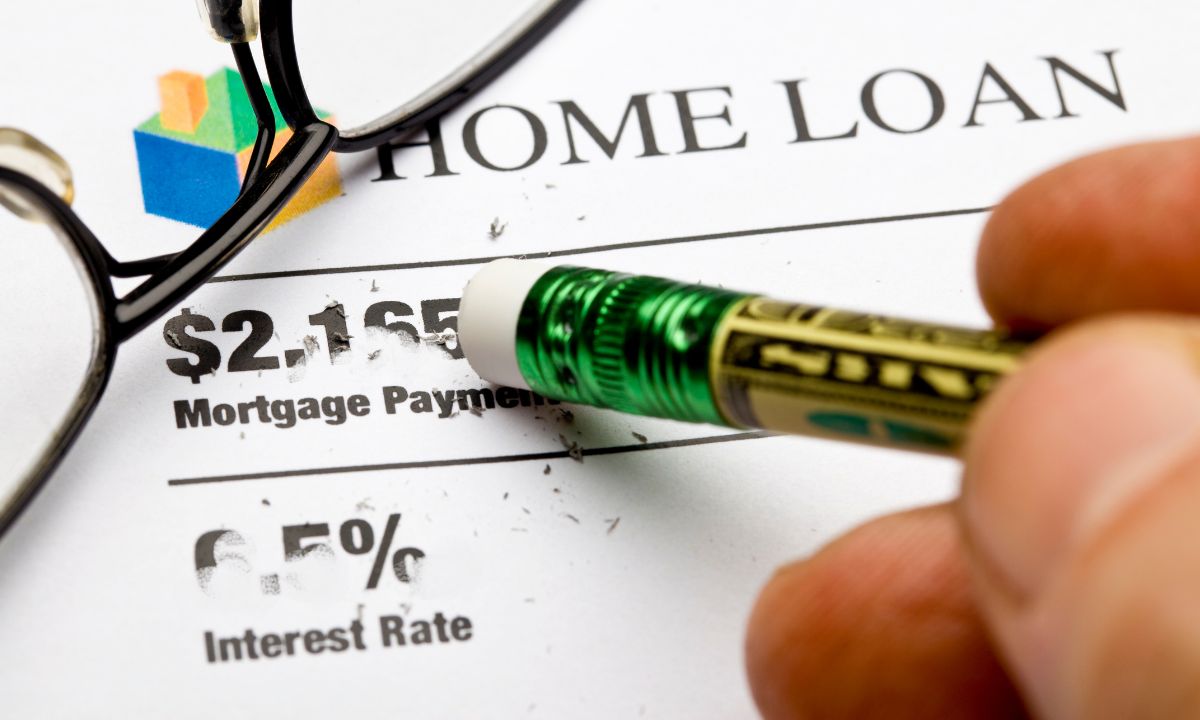 Lowering your monthly mortgage payment can have a positive impact on your financial health, allowing you to allocate more money toward other needs or savings. Whether you’re experiencing financial stress or just want to optimize your budget, exploring ways to reduce your mortgage payment is a smart move. Here are ten strategies that can help you manage and lower your mortgage payments like a pro:
Lowering your monthly mortgage payment can have a positive impact on your financial health, allowing you to allocate more money toward other needs or savings. Whether you’re experiencing financial stress or just want to optimize your budget, exploring ways to reduce your mortgage payment is a smart move. Here are ten strategies that can help you manage and lower your mortgage payments like a pro:
1. Refinance to a Lower Interest Rate
Refinancing your mortgage to a lower interest rate is one of the most effective ways to reduce your monthly payment. If interest rates have dropped since you first secured your mortgage, refinancing could save you hundreds of dollars each month. Be sure to factor in closing costs and fees to determine if refinancing makes financial sense for you.
2. Extend Your Loan Term
Lengthening the term of your mortgage from, say, 15 years to 30 years can lower your monthly payments by spreading out the cost over a longer period. However, keep in mind that this will increase the total interest paid over the life of the loan.
3. Consider a Mortgage Recast
If you’ve recently received a financial windfall, such as a bonus or inheritance, applying it toward your mortgage principal through a mortgage recast can lower your payments. This option doesn’t require refinancing or a new loan but allows you to reduce your balance and, as a result, your monthly payments.
4. Eliminate Private Mortgage Insurance (PMI)
If your down payment was less than 20%, you’re likely paying PMI. Once you’ve built up 20% equity in your home, you can request to have PMI removed, which will lower your mortgage payment immediately. Refinancing may also help eliminate PMI if your home has appreciated.
5. Appeal Your Property Tax Assessment
If you believe your home’s assessed value is too high, you have the right to appeal. Successfully reducing your property tax assessment could lower the amount of property taxes you’re required to pay, and in turn, reduce your overall mortgage payment.
6. Shop for Lower Homeowners Insurance
Your homeowner’s insurance can be bundled with your mortgage payments. By shopping for a better rate on insurance, you could reduce this portion of your payment. Be sure to balance costs with adequate coverage to protect your home and belongings.
7. Rent Out a Portion of Your Home
If you have unused space in your home, consider renting it out to generate additional income. Renting a room, basement, or even a garage apartment can provide a steady income stream to offset your mortgage costs.
8. Make Biweekly Payments
Switching from monthly to biweekly payments can reduce your mortgage faster. By making a half-payment every two weeks, you’ll make an extra full payment each year, which can help reduce your balance and total interest paid over time.
9. Explore Loan Forbearance
If you’re facing temporary financial hardship, forbearance might allow you to pause or reduce your mortgage payments. While this is not a permanent fix, it can provide relief during difficult times. Keep in mind, that you will have to repay the deferred amount later.
10. Pay Extra Toward Principal
If you have financial flexibility, paying extra toward your mortgage principal can lower the amount you owe more quickly. Reducing your principal balance will not only help you pay off the loan faster but can also lower future interest payments.
Lowering your mortgage payment is a smart financial move that can offer you peace of mind and more room in your budget. Whether through refinancing, recasting, or other methods, exploring your options is key to finding what works best for your situation.
